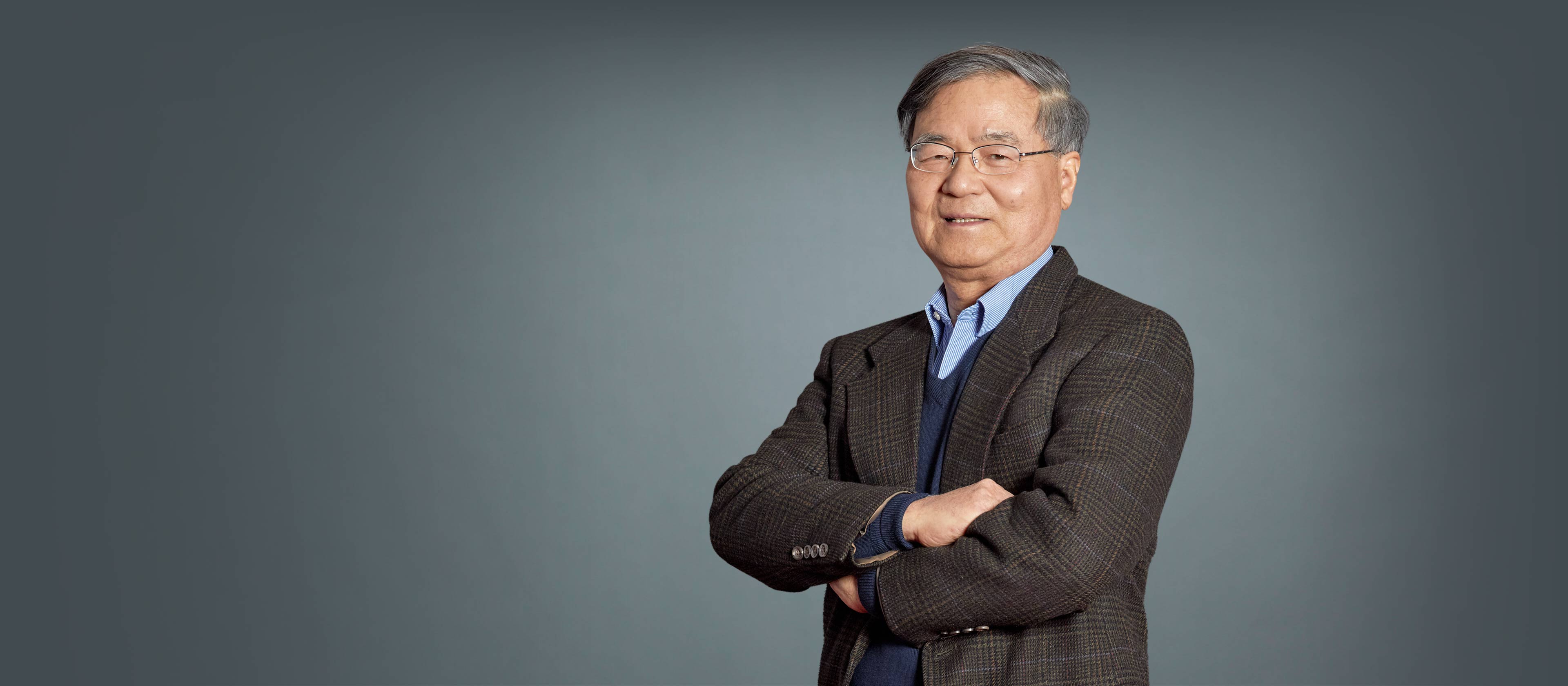Main content

Professor, Department of Medicine
Professor, Department of Pathology
For the past forty years I have been working on finding the mechanisms of how the two most important environmental agents – tobacco smoke and sunlight – induce carcinogenesis. My focus has been in identifying the nature of the DNA damage induced by these carcinogens, the DNA damage distribution in the p53 tumor suppressor gene and ras oncogenes, and the relationship between DNA damage and mutations. In collaboration with Dr. Gerd Pfeifer, Beckman Institute at City of Hope, we have developed UvrABC incision and ligation-mediated PCR to map DNA damage at sequence level which enables us to achieve these goals.
For the past ten years my research has been on determining the health effect of electronic-cigarette aerosols (ECA), nicotine and cotinine. We have found that E-cig, nicotine and cotinine induce two carcinogenic effects: induction of g-OH-propano-dG and O6-methyl-dG and inhibition of DNA repair in mice and human cells. Most significantly, we have found that ECA induces lung adenocarcinoma (LUAD) in mice.
We also found that nicotine and cotinine ehanace SARS-CoV-2 infection via different paths, and ECA causes lung injury.
We are current deciphering the mutation signature and cancer driver genes in E-cig-induced ULAD. It takes two decades for a tobacco smoker to develop lung cancer. E-cig becomes popular less than twenty years. Therefore, we expect that E-cig related lung cancer will emerge in the coming decade. We anticipate our findings will serve as a paradigm for E-cig related lung cancer in humans and the information will be important for managing this new disease.
We have found that ECA also induce mainly bladder urothelial hyperplasia in mice. These results indicate that E-cig is not a complete bladder carcinogen. In collaboration with Dr. Xue-Ru Wu, Urology Department, we are currently determining the role of p53 and H-ras mutations, chromosome deletions, and urothelial wounds in E-cig-induced bladder carcinogenesis.
Relevant Publications
inhibition of DNA Repair. Proc. Natl. Acad. Sci. USA, 103, 15404-15409, 2006
Grant support
212-263-5522
455 1st Ave
8th
New York, NY 10016
PhD from University of Texas
Roswell Cancer Institute, Biology Department
Stanford University School of Medicine, Radiology/Radiation Biology
Washington University School of Medicine, Pathology
Cancer letters. 2022 Dec 01; 550:215924
Cancer research. 2022 Feb 15; 82(4):571-585
Mutation research. Reviews in mutation research. 2022 Jan-Jun; 789:108409
American journal of cancer research. 2022 Sep; 12(8):3679-3692
Nature communications. 2021 04 06; 12(1):2047
Arteriosclerosis, thrombosis, & vascular biology. 2020 Dec 31; ATVBAHA120315556
Cancer letters. 2020 Aug 21; 491:132-145